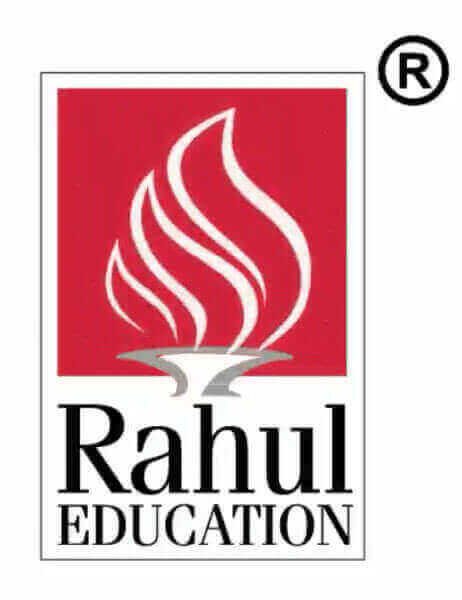COLLEGE DEVELOPMENT COMMITTEE (CDC) AT SLRTCL
Introduction: The College Development Committee (CDC) at Shree L R Tiwari College of Law (SLRTCL) is formed to ensure the overall development of the institution. The CDC plays a vital role in planning and implementing developmental initiatives in alignment with the college’s vision and mission.
Objectives: The primary objectives of the CDC are:
- Strategic Planning: To develop a strategic plan for the growth and development of the college.
- Resource Allocation: To ensure effective allocation and utilization of resources for various developmental activities.
- Infrastructure Development: To oversee the development and maintenance of physical and academic infrastructure.
- Academic Excellence: To promote quality education through innovative practices and curricula.
- Stakeholder Engagement: To involve faculty, staff, students, and alumni in the developmental processes.
Principles: The CDC operates based on the following principles:
- Inclusiveness: The committee involves all stakeholders in the decision-making process to ensure diverse perspectives are considered.
- Transparency: All developmental initiatives are carried out transparently, with clear communication to stakeholders.
- Accountability: The CDC members are accountable for their roles and responsibilities in promoting development.
- Sustainability: The focus is on sustainable practices that contribute to long-term development goals.
Composition of the CDC: The CDC consists of members from various backgrounds, ensuring a comprehensive approach to development. The composition includes:
- Chairperson: The Principal of SLRTCL, who provides leadership and direction to the committee.
- Faculty Members: Representatives from different departments who contribute their expertise to the planning and execution of development initiatives.
- Administrative Staff: A representative from the administrative staff to ensure alignment with institutional policies.
- Student Representatives: Two student representatives who provide insights into student needs and expectations.
- Alumni Representative: An alumni member who contributes to the planning based on experiences and feedback from the alumni community.
Roles and Responsibilities of Committee Members:
- Chairperson: Oversees the committee’s activities, leads meetings, and ensures alignment with institutional goals.
- Faculty Members: Participate in the planning and implementation of development initiatives, providing insights from their respective fields.
- Administrative Staff: Assists in coordinating activities and ensures compliance with administrative policies.
- Student Representatives: Voice student concerns and expectations regarding development initiatives.
- Alumni Representative: Provides feedback on the effectiveness of development efforts based on alumni experiences.
Procedure for Development Planning: The CDC follows a structured process for development planning:
- Needs Assessment: The committee conducts a thorough assessment of the college’s needs, including infrastructure, academic resources, and student services.
- Strategic Planning: Based on the needs assessment, the CDC develops a strategic plan outlining developmental initiatives and timelines.
- Resource Allocation: The committee identifies and allocates resources necessary for implementing the planned initiatives.
- Implementation: The CDC oversees the implementation of development initiatives in collaboration with relevant stakeholders.
- Monitoring and Evaluation: The committee monitors the progress of development initiatives and evaluates their effectiveness.
Common Areas of Focus: The CDC addresses various aspects of institutional development, including:
- Infrastructure Development: Planning for the construction and maintenance of academic and administrative buildings.
- Curriculum Development: Ensuring the curriculum remains relevant and aligned with industry standards and societal needs.
- Research and Development: Promoting research activities among faculty and students to contribute to knowledge creation.
- Student Support Services: Enhancing support services such as counseling, career guidance, and extracurricular activities.
Forms: The CDC utilizes various forms for planning and evaluation, including:
- Needs Assessment Surveys: Collected from faculty and students to identify areas requiring development.
- Development Action Plans: To document and track the implementation of developmental initiatives.
- Feedback Forms: Collected from stakeholders to assess the effectiveness of implemented initiatives.
Preventive and Awareness Measures: The CDC conducts workshops and training sessions to raise awareness about developmental initiatives and engage stakeholders in the planning process.
Conclusion: The College Development Committee (CDC) at SLRTCL is committed to promoting the holistic development of the institution. Through strategic planning and collaboration with stakeholders, the CDC ensures that the college continues to grow and adapt to changing educational needs.


